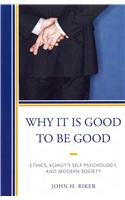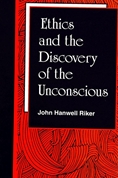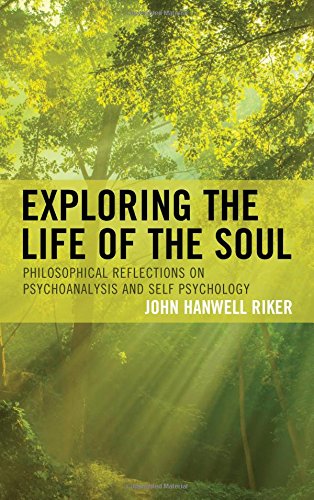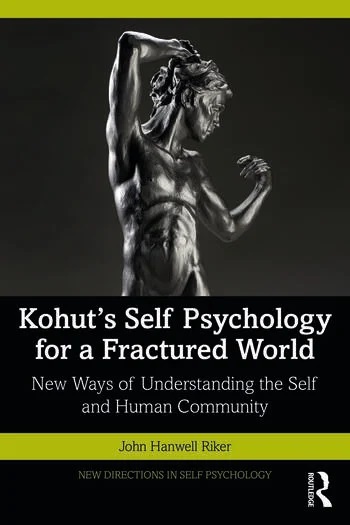Why It Is Good to Be Good: Ethics, Kohut's Self Psychology and Modern Society

Book Details
- Publisher : Jason Aronson
- Published : 2011
- Cover : Paperback
- Pages : 192
- Category :
Psychoanalysis - Catalogue No : 33314
- ISBN 13 : 9780765707918
- ISBN 10 : 9780765707
Also by John Hanwell Riker
Ethics and the Discovery of the Unconscious
Price £24.78
There are currently no reviews
Be the first to review
John H. Riker argues that modernity, by undermining traditional religious and metaphysical grounds for moral belief, has left itself no way to explain why it is personally good to be a morally good person. Furthermore, modernity's regnant concept of the self as an independent agent organized around the optimal satisfaction of desires and involved in an intense economic competition with others intensifies the likelihood that modern persons will see morality as a set of limiting constraints that stand in the way of personal advantage and will tend to cheat when they believe there is little likelihood of getting caught. This cheating has begun to severely undermine modernity's economic and social institutions. Riker proposes that Heinz Kohut's psychoanalytic understanding of the self can provide modernity with a naturalistic ground for saying why it is good to be good. Kohut sees the self as a dynamic, unconscious structure which, when coherent and actively engaged with the world, provides the basis for a heightened sense of lively flourishing. The key to the self's development and sustained coherence is the presence of empathically responsive others - persons Kohut terms "selfobjects".
Riker argues that the best way to sustain vitalized "selfobject" relations in adulthood is by becoming an ethical human being. It is persons who develop the Aristotelian moral virtues - empathy for others, a sense of fairness, and a resolute integrity - who are best able to engage in the reciprocal selfobject relations that are necessary to maintain self-cohesion and who are most likely to extend empathic ethical concern to those beyond their selfobject matrixes. Riker also explores how Kohut's concept of the self incorporates a number of the most important insights about the self in the history of philosophy, constructs an original meta-psychology that differentiates the ego from the self, re-envisions ethical life on the basis of a psychoanalytically informed view of human nature, explores how persons might be able to nourish their selves in an age that neglects and destabilizes person's selves, and concludes with suggestions for how modernity must change if it is going to support selves and provide a compelling ground for moral life.
About the Author(s)
John Hanwell Riker has been an award-winning professor of philosophy at Colorado College since 1968 and has published four books. He was the Kohut Distinguished Professor at the University of Chicago in 2003.
Customer Reviews
Our customers have not yet reviewed this title. Be the first add your own review for this title.
You may also like
The Soft Power of Culture: Art, Transitional Space, Death and Play
Jonathan Sklar
Price £26.99
save £3.00
Herbert Rosenfeld – Then and Now: The Significance of His Work for Contemporary...
Karin Johanna Zienert-Eilts
Price £32.39
save £3.60
Encountering Silencing: Forms of Oppression in Individuals, Families and...
Michael B. Buchholz
Price £26.09
save £2.90
Knowing What Psychoanalysts Do and Doing What Psychoanalysts Know
David Tuckett
Price £41.40
save £4.60










